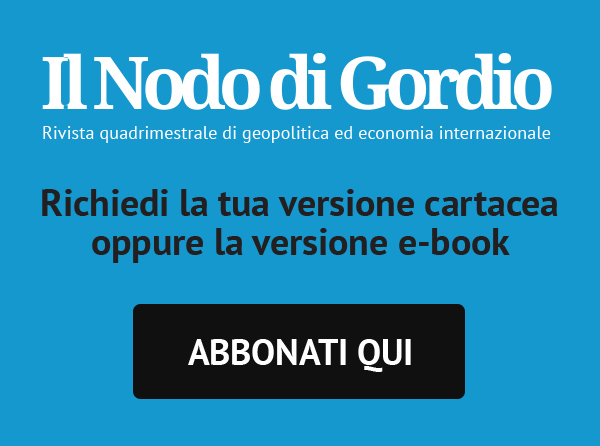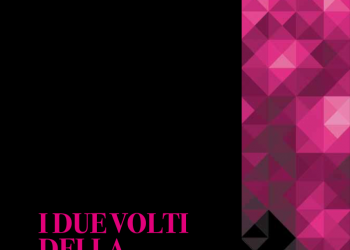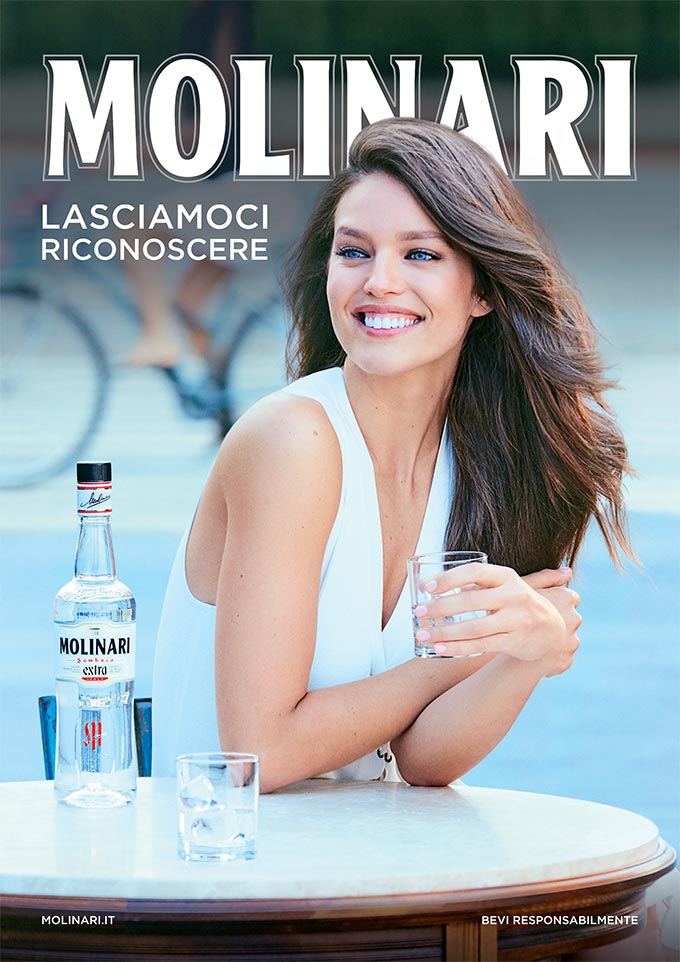The Moroccan people are called upon on September 4, 2015 to choose municipal and regional representatives, as in the past the majority of the people are snubbing these elections because they do not trust, in the least, the 35 or so political parties that are vying for their favors and confidence.
They do not trust them because they suspect them to be no more than pressure groups bent on using public office to amass illicit riches from embezzlement of funds and corruption money, while the state watches on passively without taking any action against such illegal practice and behavior.
People today believe strongly that, somewhat, there is a sacred pact between the establishment and these elected politicians. It is a sordid masquerade whereby they act to be representatives of the will of the people while the establishment continues to highlight euphorically a make believe democracy.
Everyone knows that the true power in Morocco lies in the hand of the executive monarchy, which has been around for thirteen centuries and has enjoyed ever since, because of its nature, both historical and religious legitimacy in the eyes of the population and that the true stability of the country is the stability of the monarchy in the present political set up.

Why are not the parties up to the task?
From the independence in 1956 to early 1980, there were two main parties in the Moroccan political spectrum, the conservative Istiqlal headed by the salafist Fassi bourgeoisie that came about in 1944 and embodied the national struggle for independence. In 1959, the leftist wing broke from the party and created UNFP (Union Nationale des Forces Populaires) which somewhat had in mind to get rid of the monarchy and set up instead a republic but failed and was somewhat decimated. In the beginning of the 1970s, another socialist party rose from the ashes of UNFP, it is the USFP (Union Socialiste des Forces Populaires), which is more docile than its predecessor and was not negating the monarchy.
During the 1970s both the Istiqlal and USFP dominated Moroccan politics and enjoyed the trust of the population and somewhat represented a credible opposition to the monarchy by boycotting constitutions and elections in unison.
With the arrival of Driss Basri to the Ministry of the Interior, in tandem with King Hassan II they co-opted political figures from both parties and offered them funds and support to create their own parties and get elected through rigged elections. These parties were called by the rank and file “administrative parties” or “pressure cooker parties”. Thus, with help from the administration and the monarchy they created new political elites and Hassan II even, at some point, manipulated them to create some sort of ridiculous opposition to obliterate the real opposition of Istiqlal and USFP.
Throughout the 1980s and most of the 1990s the administrative parties took the lead and benefited greatly from the largesse of the palace accumulating riches and rentier benefits as well as political power. Exasperated by this state of affairs, many militants from the traditional democratic parties migrated to the Eldorado of the administrative parties to share in the “spoils.”
Realizing that they are losing political ground, the traditional political parties joined in the feast and ended up losing their political credibility in the eyes of the electorate and the population at large. Today, if anybody mentions parliamentarians or local representatives people immediately associate them to corruption and embezzlement and, as a resul,t the abstention is very high every election and the establishment is getting worried for its international image.
Political parties that have no teeth and no bite
Most Moroccans today believe that political parties whether democratic or administrative have no power in political play, they are only toys that the state plays with, at will.
The truth of the matter is how can these political institutions supposed to defend the interests of the electorate discharge properly their office when in principle they are not democratic themselves? Indeed, within these political institutions the local party has no say and no power. All decisions come from the national party.
Morocco has always been a tribal country and still is, in spite of the veneer of so-called modernity. In the end, the establishment wants to keep the tribal status because it serves its purpose and political parties encourage that to be co-opted and to have their share of the cake. So, parties do not want sincere militants who want to serve the people of their constituencies, instead they want in the countryside tribal leaders who have fat purses and in the urban areas members of big bourgeois families who have power.
Members of political parties are not true militants and do realize that parties need them more than they themselves need the party either because they are wealthy or have religious or temporal power, so after getting elected they freely move to other parties without resigning from their mandate and seat, as is the case in true democratic countries.
The worst of all is that all these political parties have no electoral program and no platform they just share in general objectives such as:
-
Provide jobs to the young;
-
Provide free education and healthcare;
-
Provide housing, etc.
Buying votes
Moroccan elections are not about issues, principles, programs or promises, they are about money and money only. The candidates will generously buy votes for 200 dh, 300 dh, or 500 dh or more depending on the competition and the economic importance of the constituency. If elected they will themselves sell their votes for 1000 times more to the highest payer among the elected who would have ambition to become the president of the rural or urban council. So, in these elections money talks loud all the way through and electoral promises are a mere chimera.
A joke that is making rounds these days is about an urban politician who presented his candidacy in a rural area and during his campaign he promised the peasants to build a road, a school and a hospital, etc. He was elected with flying colors and for the rest of his mandate he spent his time getting rich. When elections were up again after his mandate, he drove his expensive car and went to his constituency to campaign again. The peasants jeered him and threw insults at him and called him a liar and a cheat. Once their anger subsided, he told them that, indeed, during his first mandate he did everything to get rich and that now that he is comfortable financially speaking, he will defend the interests of this constituency. However, if the electors give their votes to another competitor he will spend the time of his mandate getting rich, exactly like he did and they will lose out dramatically.
Mohamed Chtatou


















